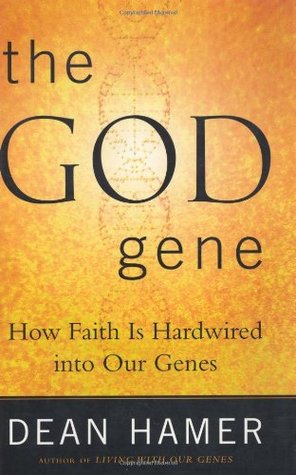
LA JOLLA, California — How often have you heard people say that someone is spiritual? I always wonder what they mean exactly; when asked, no one has ever given me a satisfactory explanation. Current studies include a variety of definitions. There is still no widely agreed on definition of spirituality currently. The spiritual dimension is deeply subjective, without any authoritative definition.
In Dr. Dean H. Hamer’s book, The God Gene, he postulates about the origins of spirituality, writing that discoveries in neurobiology indicate we are genetically programmed to believe in something larger than ourselves. Throughout history humans have worshiped a variety of gods; in ancient Egypt it was the sun god Ra, ancestor worship is still prevalent around the world, primitive tribes have sacrificed animals and humans to appease their gods, made offerings of food to altars in order to gain a favor—be it a better crop, healing an injury, or doing a dance to a rain god to ease a drought.
In many ways, these traditions have not changed (and some endure unhanged). Whether we pray to Allah, Jehovah, Jesus, or the multitude of Hindu gods, we still invoke a higher power or powers who can hear us and act on our behalf. Some of us pray to a god to save an ill child, others for peace in the world or to win a sports competition. All believe that their particular god is on their side.
Not all modern notions of spirituality embrace transcendental ideas. Secular spirituality emphasizes humanistic ideas on moral character. There are aspects of life and human experience, which go beyond purely materialistic views of the world without necessarily accepting the belief of a supernatural reality or any divine being.
Neuroscientists have examined brain functioning during reported spiritual experiences finding that certain neurotransmitters and specific areas of the brain are involved. Moreover, experiments have successfully induced spiritual experiences in individuals by administrating psychoactive agents known to elicit euphoria and perceptual distortions.
Dr. Hamer devised a self-transcendence scale, it measures the ability to see oneself as part of a large, connected universe. This scale is based on three components of spirituality: self-forgetfulness, transpersonal identification, and mysticism. I extrapolated from it the following:
Self-Forgetfulness
- Do you ever get so involved with a project that you forget where you are or what time it is? Dr. Mihaly Csikszentmihalyireferred to this as flow.
- Have you ever loved someone so deeply that you felt like there was no boundary between the two of you?
Spiritual people score high for self-forgetfulness, the first component of self-transcendence. Self-forgetful people often experience flashes of insight or understanding when they are in this frame of mind. Creativity is maximized; originality is fostered.
Transpersonal Identification
- Do you feel a sense of unity with all the things around you?
The hallmark of this trait is a feeling of connectedness to the universe and everything in it—animate and inanimate, human and nonhuman, anything and everything that can be sensed. People who score high for transpersonal identification can become deeply emotionally attached to other people, animals, trees, or mountains. They feel that everything is part of one living organism.
Mysticism
- ·Have you often found yourself moved by music or poetry?
- Do you sometimes feel a spiritual connection to other people that can’t be explained in words?
Individuals who score high for mysticism are fascinated by things that can’t be explained by science. They see a parking space that opens up just in the nick of time as evidence of a higher power. Often they feel they have a “sixth sense” or an extrasensory perception.
In taking this test, I scored high in all dimensions. When I write, I lose the sense of time. When my husband was alive, I often felt like we were one. There is a whole realm of energies surrounding us humans, without awareness on our part. I am drawn to some people without any explanation—an incomprehensible connection—maybe due to our brains emitting energies that bond with each other. We are all vibrating molecules, perhaps we feel connecting vibrations with others. I have lived most of my life from my rational left brain, but have recently become attuned and open to right brain experiences believing that everything and anything is possible.























